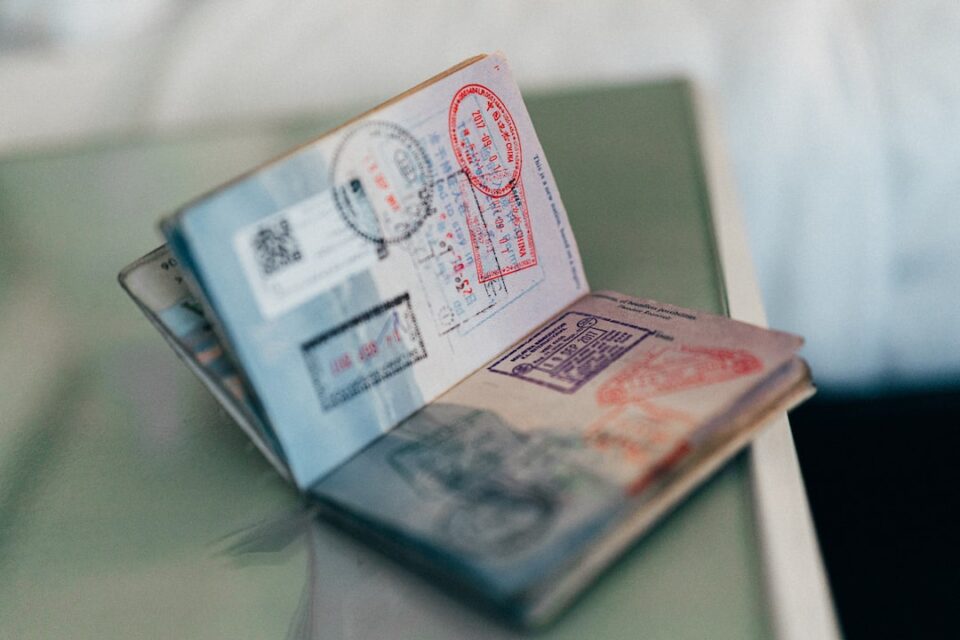Understanding the Criminal Justice System: From Arrest to Trial
The criminal justice system plays a vital role in maintaining law and order in society. It encompasses a series of complex processes that aim to ensure the rights of individuals accused of committing crimes are protected, while also seeking justice for victims. From the moment of arrest to the culmination of a trial, let’s explore the various stages and important facets of the criminal justice system.
Arrest:
The criminal justice process typically begins with the arrest of an individual suspected of committing a crime. This arrest is usually conducted by law enforcement officials, who have reasonable grounds to believe that an offense has been committed. The person taken into custody is then read their Miranda rights, informing them of their right to remain silent, the right to an attorney, and the right to have an attorney present during questioning.
Booking:
Once arrested, the accused is taken to a police station for a process known as booking. During this stage, personal information such as name, address, and fingerprints are recorded. The accused may also undergo a mugshot, and their personal belongings may be confiscated temporarily. This information is then entered into a database, which can be accessed by law enforcement and other relevant parties.
Bail:
After being booked, the accused may either be released on bail or held in custody until their trial. Bail is a monetary payment made by the accused, or their loved ones, to secure their release. It serves as a guarantee that they will appear in court at the designated date and time. The amount of bail depends on the seriousness of the offense, flight risk, and other factors. In some cases, bail may be denied altogether, particularly for individuals charged with serious crimes.
Arraignment:
The next step in the criminal justice system is the arraignment, wherein the accused appears before a judge for the first time. During this stage, the charges against the individual are formally read, and they are asked to enter a plea—typically guilty, not guilty, or no contest. The judge will also determine if bail needs to be adjusted or if the accused can be released on their own recognizance. If the accused pleads guilty, the case may proceed straight to sentencing, skipping the trial phase.
Discovery:
Once the plea has been entered, both the defense and the prosecution engage in a process called discovery. This involves exchanging information and evidence relevant to the case. Both parties have the right to review evidence, documents, witness statements, and expert opinions. Discovery ensures transparency and gives the defense a fair opportunity to prepare their case.
Pre-Trial Motions:
Before the trial begins, the defense and prosecution may file pre-trial motions. These are requests asking the judge to make specific decisions on matters that would affect the trial. Motions can be made regarding admissibility of evidence, witness testimony, or even the entire case itself. If granted, a motion can significantly impact the outcome of the trial or even lead to its dismissal.
Trial:
The trial is the most crucial phase of the criminal justice system. It is during the trial that both sides present their case to a judge or jury. The prosecution attempts to prove beyond a reasonable doubt that the accused committed the crime, while the defense works to challenge the evidence and establish doubt. Witnesses are called, evidence is presented, and both sides make closing arguments before a verdict is reached.
Sentencing:
If the accused is found guilty, the next step is sentencing. The judge determines the appropriate punishment, taking into account factors such as the severity of the crime, prior convictions, and possible mitigating or aggravating circumstances. Sentencing can range from fines and probation to imprisonment, depending on the nature and seriousness of the offense.
Appeals:
After the trial and sentencing, the defense or prosecution may choose to file an appeal if they believe there were legal errors or injustices during the trial. Appeals are typically heard by a higher court and focus on the application of the law, rather than reevaluating evidence or witness testimony. If an appeal is successful, the case may be retried or the sentence may be modified.
Conclusion:
Understanding the criminal justice system is crucial for both accused individuals and society as a whole. From the moment of arrest to the culmination of a trial, each step plays a significant role in upholding justice. It is through the careful implementation of due process, the protection of rights, and the determination of guilt or innocence that we strive for a fair and equitable criminal justice system.

